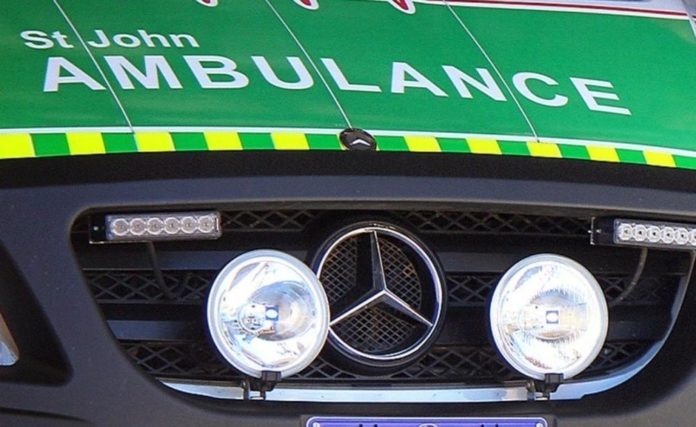
Lives are being put at risk by a “surge” unit at one of Perth’s biggest public hospitals, according to senior doctors.
They are particularly critical of a $400 incentive for the St John Ambulance-run unit at Sir Charles Gairdner Hospital when it treats patients and sends them home rather than referring them to the main hospital.
The ambulance surge capacity unit has been operating since September, as an alternative to the emergency department, to treat less-urgent ambulance patients and reduce ramping outside hospitals.
It is funded by the WA Health Department and staffed by paramedics, nurses and a GP instead of specialist emergency doctors.
Ambulance paramedics decide which patients should bypass the emergency department and go to the unit instead.
In a letter obtained byThe Weekend West , the heads of emergency departments at Sir Charles Gairdner, Royal Perth and Fiona Stanley hospitals warned last month of “lethal consequences” from patients being misdiagnosed or facing delays in treatment.
Doctors Peter Allely, David McCoubrie and Mark Monaghan said the unit was “demonstrably not safe” and they had reports of patients put at risk.
It is understood SJA is paid more than $21,000 a week to run the unit, as well as the $400 bonus for each patient discharged through an “alternative care pathway” rather than being admitted to SCGH.
Australian Medical Association WA spokesman Dave Mountain said ambulance officers were not always able to decide which patients did not need to go to the emergency department.
“The risk is that seriously unwell people are being sent to an area not set up like an emergency department, so there can be prolonged delays in diagnostics, investigations and ultimately treatment,” Dr Mountain said.
“While I’m sure the people in the unit wouldn’t deliberately put patients at risk, the reality is when you put up financial rewards, you can drive human behaviour.”
The department said it had met with doctors to investigate four cases of patients treated at the unit but had found their outcomes were not affected.
But it had asked the chief medical officer to review how patients were coded for severity.
The unit had only be intended to stay open for three months. It would close on ThursdayDec 3 as planned and its operations reviewed.
